While many entrepreneurs tend to think first of selling products or services to consumers, far larger markets exist in selling to other companies. Those sales, known as business to business, or B2B, roughly account for ten times the sales directly to consumers. So if you are undecided about what kind of business to launch, and are looking for larger, more consistent markets for selling your products, consider business to business.
What’s different about business planning for B2B ventures? First, since your customers are companies (specifically, purchasing agents at companies), quality and price are typically the driving features, rather than things like perception or brand recognition.
So your business plan needs to specific precisely what the product or manufacturing standards are that your customers will demand. For that, they are not flexible. Secondly, while the typical business to consumer venture has (or seeks) many customers, the B2B venture often secures larger orders from a smaller number of customers. The result is a very different sales effort.
Finally, B2B ventures often face very different purchasing strategies, which can have a huge impact on cash flow management. Vendors are often required to in effect provide financing to their customers, through payment terms that can stretch the vendor’s ability to meet its cash flow requirements.
Generally speaking, in B2B, the terms (and sometimes pricing) are dictated by the customer or the market place, and so the vendor has to take what’s available.
That’s all the more reason to do thorough market research during your business planning process so you won’t get surprised when you enter the marketplace. Good luck!
– – – – – –
For more resources, see our Library topic Business Planning.
- Copyright © 2011 Rolfe Larson Associates – 15th Anniversary!
- Author Venture Forth! Endorsed by Paul Newman of Newman’s Own
- Read my weekly blogs on Social Enterprise and Business Planning
 Sections of this topic
Sections of this topic
















